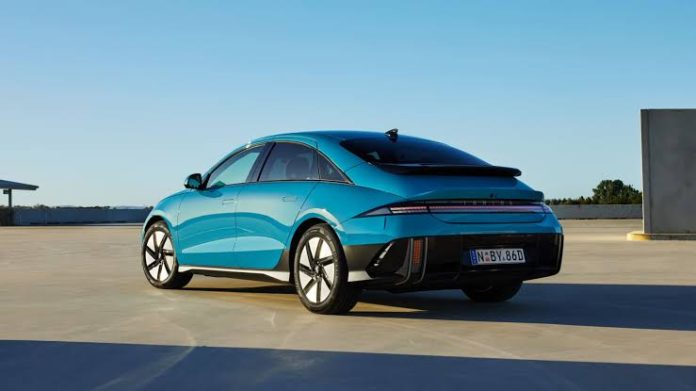The Engineering Development Board (EDB) recently took a big step in the shift towards electric vehicles in Pakistan. They granted licenses to 34 manufacturers of electric vehicles under the Electric Vehicles Policy for 2020-2025. This marks a shift from traditional fuel-powered cars to more environmentally friendly electric ones.
In a webinar hosted by the Sustainable Development Policy Institute, Asim Ayaz, a senior official from the EDB, discussed the financial challenges customers face when purchasing electric vehicles. These vehicles are often more expensive than traditional ones due to the cost of their batteries. To help with this, the ministry suggested installing electric vehicle charging stations at all petrol stations.
Ahmed Sajeel from Deewan Motors BMW highlighted the initial resistance from Japanese car manufacturers toward electric vehicles. However, he acknowledged that the global trend towards electric vehicles is making this resistance unsustainable. He emphasized the need for the development of infrastructure alongside the adoption of electric vehicles.
Sajeel also pointed out that leveraging Pakistan’s rich raw materials, such as silica, for local manufacturing could be a key way forward. This would not only boost the local economy but also support the shift towards electric vehicles.
Transitioning to electric vehicles is a significant move towards addressing rising fuel prices and reducing carbon emissions. However, to make this shift successful, it’s essential to ensure electric vehicles are affordable for customers and to build a robust charging infrastructure across the country.
As Pakistan moves forward with this transition, the focus will be on finding solutions to the challenges of affordability and infrastructure development. These efforts will help the country achieve its goal of a cleaner, greener future while embracing the benefits of electric vehicles.


